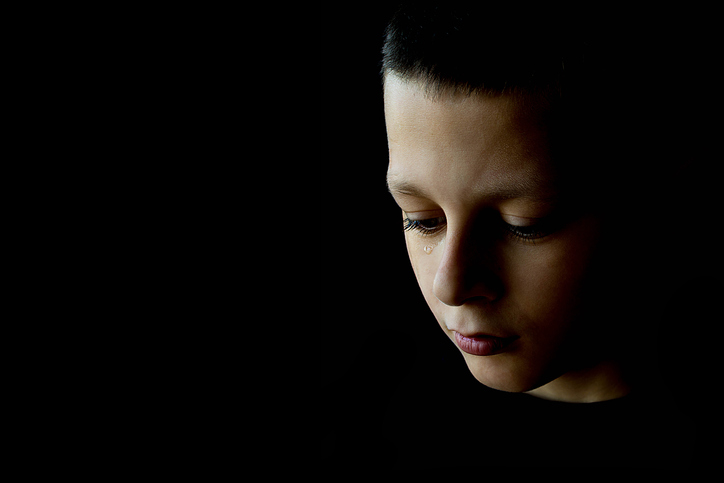You could call it the obscene phone call heard ’round the world.
The May 1967 Supreme Court ruling that threw out Gerald Gault’s six-year commitment for lewd remarks over the telephone has led to half a century of juvenile justice reform. And how to keep that momentum going for another half-century will be the focus when lawyers and other advocates for children facing lockup convene in Atlanta June 2 and 3.
Organizers hope to send them home with “some new tricks in their bag,” said Whitney Untiedt, co-director of the Southern Juvenile Defender Center, which is hosting the event. The two-day conference at Emory University in Atlanta will cover public policy debates, such as “raise the age” bills being debated in several states, as well as nuts-and-bolts tips for the courtroom.
“All of our participants are front-line child lawyers,” said Untiedt, a Miami-based attorney. “We want them to walk away feeling empowered to go back to their own courtrooms, where they may be the only juvenile lawyer in their small rural district.”
In re Gault came about after a juvenile court judge in Arizona ordered the 15-year-old boy to the state reformatory until his 21st birthday for an offense that would have left an adult facing no more than two months in jail and a $50 fine. In the landmark decision, Justice Abe Fortas found that “safeguards available to adults were discarded in Gerald’s case.”
A cop hauled Gault into custody without telling his parents, who had to scramble to find their son. He wasn’t read his rights, and he was questioned without his lawyer or a parent present. He was found delinquent based on a statement given during that process. No sworn testimony was taken during proceedings. And under state law, there was no right to appeal a juvenile commitment.
Nearly three years after his arrest, the Supreme Court threw out the case, finding that children had the right to a lawyer and to remain silent and that authorities needed to provide written notice of proceedings. That’s been the bedrock of juvenile law ever since.
But ensuring that kids facing custody get due process has been tougher in practice. The National Juvenile Defender Center — Untiedt’s organization is a regional affiliate — warned recently that many teens aren’t getting proper representation a half-century after Gault. Only 11 states provide all youths with defense attorneys, and some charge fees that run as high as $1,000 for a “free” lawyer, the organization reported. None guarantee that a lawyer will be present when they’re questioned by police — and in 43 states, a child can waive his or her right to a lawyer without any attorney’s advice.

Whitney Untiedt
Untiedt said securing those rights were particularly tough during what she called “the ‘superpredator’ years” — the crackdown that accompanied the spike in violent crime that peaked around 1990.
“We started to really see the criminalization of childhood — children walking into courtrooms with shackles on their legs, being shackled to one another in chain gangs, being denied counsel not necessarily purposefully, but because there was a denial of funding for enough lawyers to represent children at the levels that they need to be represented,” she said.
But today, Untiedt said, experts believe that children “are fundamentally different than adults.”
“Our real goal in choosing this particular focus for this year’s summit is to talk about advancing that philosophy throughout the juvenile justice system,” she said.
The science of adolescent brain development suggests that the part of the brain that guides rational choice — and inhibits impulsive, emotional decisions — doesn’t fully form until the late teens or early 20s. Those findings underpinned the series of Supreme Court decisions since 2005 that struck down the death penalty for juveniles and eliminated mandatory life-without-parole sentences for teen killers.
Other states, including California, have restricted prosecutors’ ability to charge juveniles as adults in violent crimes without a judge’s review. And the costs of incarceration have made even many conservatives reconsider tough-on-crime policies of earlier years, Untiedt said.
“There certainly is and always will be a strong law-and-order philosophy that takes a very punitive approach to the juvenile and the adult justice system,” she said. But there’s an increasing recognition that juvenile justice needs to “get back to this rehabilitative lens,” she said.
“Let’s focus on helping these children to develop into adults who are going to be contributors to the larger society, rather than detractors from the larger society,” she said. “I think ultimately that’s the goal.”


























